

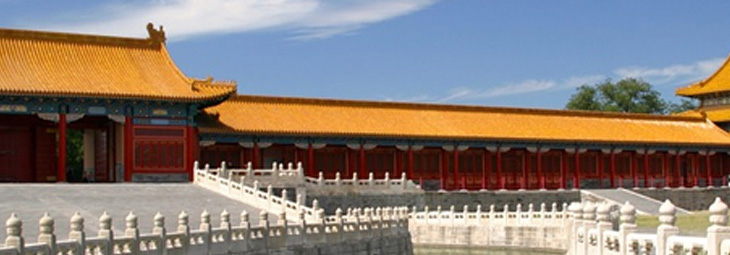
China Urban Planning Academic Season is an online academic brand organized by the Urban Planning Society of China (UPSC) from September 16 to 26, 2020. In this year, the Academic Season triggered a boom in online academic exchanges in China through 86 online academic activities.
Introduction
On the afternoon of September 26, an online session, namely "Governance·Planning - Academic Sharing on Space Governance & New Book Release", was successfully held online. It was sponsored by the Academic Working Committee of UPSC.

Online photo of participating experts and scholars

Host: Sun Shiwen
Executive Director of UPSC,
Chairman of the Academic Work Committee,
Professor of School of Architecture and Urban Planning, Tongji University
Professor Sun Shiwen emphasized that the main body and the core of planning is governance. Planning governance was a critical part of the national governance system. Urban planners should pay continuous attention to it.
Key Issues
Four members of the Academic Work Committee discussed several key issues on research of governance from four dimensions: regional and urban agglomeration, urban planning, rural area and community.
1. The key issues on governance of regional and urban agglomeration
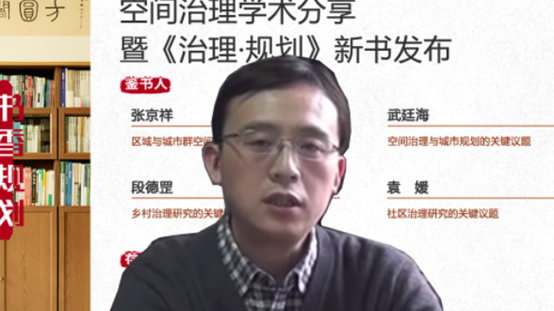
Zhang Jingxiang
Executive Director of UPSC
Member of the Academic Work Committee,
Professor, School of Architecture and Urban Planning, Nanjing University
Professor Zhang Jingxiang first reviewed the transformation of the historical background of governance on regional and urban agglomeration. He pointed out that in this context, the key issue in China was how to handle the relationship between "competition" and "cooperation", which included: 1. Exploring a reasonable benefit distribution mechanism of regional public goods to pursue mutual benefit and win-win results; 2. Handling the relationship between "upper" and "lower". That is to say, it was critical to break the vicious circle of administrative division annexation, construct the "two-tier metropolitan governance" with Chinese characteristics, and optimize the organic division of labor between the “upper” and the “lower” governments; 3. Handling the relationship between the government and the market. In regional governance, the government should take both active and precise actions to provide a high-quality business environment as well as regional public goods. It was significant to improve the market mechanism, and give play to the positive role of the market, in other words, to use market-oriented means to solve the problem of factor allocation.
2. The key issues on spatial governance and urban planning
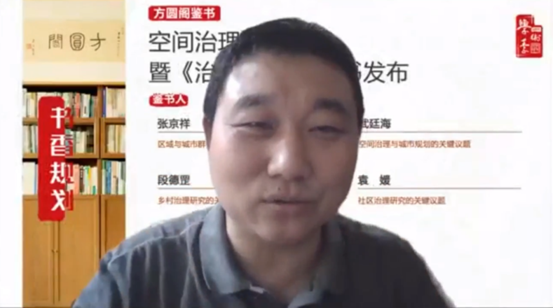
Wu Tinghai
Vice Chairman of the Academic Work Committee,
Dean of Urban Planning Department, School of Architecture, Tsinghua University
Professor Wu Tinghai pointed out that strengthening the spatial governance of urban planning should be carried out from two aspects: one was to actively promote urbanization and high-quality urban development; the other was to reform and improve urban planning in practice.
The high-quality development of urbanization could be promoted from three dimensions: economic and social development, space protection and utilization as well as construction of human settlements. On this basis, key initiatives included:1) making "livable district-metropolitan area" a strategic area and a major population carrier for China's urbanization as well as high-quality urban development;2) building a community of human and natural life on the basis of the spatial coordination of central cities, metropolitan circles, urban agglomerations and other regions with advantages in economic development; 3)exploring the formation of national level strategic guidance and overall coordination of planning and implementation mode.
Furthermore, it was necessary to clarify three major orientations: 1) to make more reasonable regional planning; 2) to make refined urban planning and 3) to make beautiful rural planning. The most obvious contribution of this reform of territory development plan was to upgrade the institutional status of regional planning and rural planning, which solved the problem of lack of superior planning in urban planning for a long time. In view of urban planning, the “increment” should be transformed to the “stock”。 This required the improvement of community construction, historic and cultural cities protection, urban management and other work with the focus on urban renewal.
Finally, Professor Wu put forward three suggestions for the healthy development of Chinese cities:
First, it would be a relatively long-term process to deepen and refine the national planning mechanism and system;
Second, it was necessary to reform and improve urban planning and highlight its dominant position.
Third, it was critical to establish the Chinese context of urban planning. Chinese academic and knowledge system should return to the basic concepts and carry out scientific planning according to the national conditions and demands.
3. The key issues on rural governance
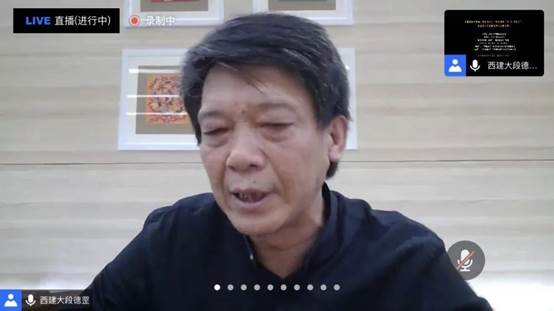
Duan Degang
Council member of UPSC
Member of the Academic Work Committee,
Professor, School of Architecture, Xi 'an University of Architecture and Technology
Professor Duan Degang believed that the status of rural governance was mainly reflected in three aspects:
1. From the perspective of national governance, rural governance’s fundamental goal, or the cornerstone of national governance, was to maintain the harmony and stability of rural society;
2. From the perspective of urban-rural relationship, rural governance was a significant method to enhance urban-rural integration and promote the free flow of elements between urban and rural areas;
3. From the perspective of people oriented, rural governance was the core to realize the all-round development of villagers and activate the endogenous power of rural development.
In response to the historical mission and major difficulties of rural governance, the following considerations should be given in planning: 1. Reasonably promote the orderly shrinkage of rural areas, highlighting the importance of county-level village layout planning, and connecting it with the legal planning system; 2. Achieve balance between management and development; 3. Respond to the powers and requirements of agriculture-related departments; 4. Stress the role of public service facilities and infrastructure construction; 5. Promote employment of nearby villagers as well as local urbanization of villages; 6 . Avoid the situation that focusing on management and construction while neglecting operation and maintenance; 7. Change the industrial setting from "resources + market + capital" to "resources + market + villagers"; 8. Effectively respond to the participation motives of different villagers so as to improve their ability to participate; 9. Enhance villagers’ development through rural planning and education.
4. The key issues on community governance
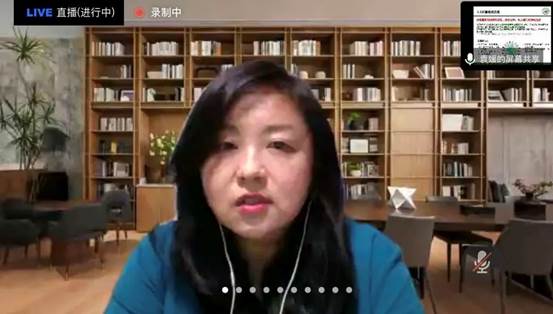
Yuan Yuan
Member of the Academic Work Committee,
Deputy Dean of the Institute of Urbanization, Sun Yat-sen University
Professor Yuan said that community governance mainly involved three aspects: governance body, governance model and governance platform. The main body of community governance included the government, the market and the society. And it would develop into a horizontal and vertical interactive participation mode of multiple subjects in the future. Among them, community planners and news media played a critical role in promoting and supervising community governance. As for the model, the types of community governance mainly included political party promotion, resident autonomy, cooperative governance, neighborhood committee autonomy, political and social consultation, government enterprise co-governance and social forces leading.
In the future, with the heterogeneity of communities and the differentiation of development requirements, relevant studies on community governance should explore more about the local applicability of different types of community governance models, so as to make measures and innovations according to local conditions. Meanwhile, the mechanism that the governance platform changed from temporary to normal in community renewal was also an essential orientation. The future development of community governance platform should reflect its long-term mechanism and the security of virtual network platform.
Expert discussion
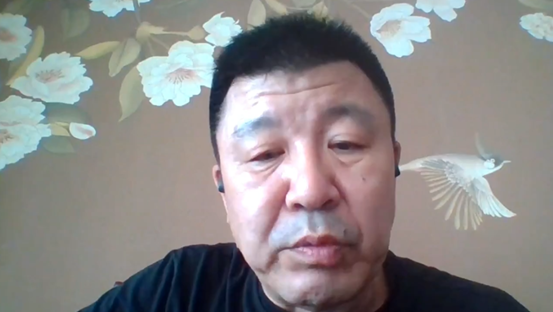
Wang Fuhai
Executive Director of UPSC,
Deputy Chairman of the Academic Work Committee,
Chairman of Shenzhen Lei Ao Planning & Design Consulting Co., Ltd.
Mr. Wang Fuhai believed that the transformation of planning had already begun, from "construction" to "operation" and then to "governance". From the perspective of land governance, in the past 30 years, territory had become the object of development as a resource. Now, we had entered the stage of ecological civilization. And the territory had become a whole ecosystem concept. Furthermore, at present, the territorial space planning gave the planning community an opportunity to participate in the governance of territorial space.

Zhang Song
Member of the Academic Work Committee,
Professor, School of architecture and urban planning, Tongji University
Professor Zhang Song took the integration of the Yangtze River Delta as an example to discuss governance issues. He believed that although the hardware of the area has been relatively complete, there was still a lot to do. For example, it was critical to embody the principle of ecological priority and explore the mechanism of synergy between market and government. Furthermore, in response to governance needs, planning exploration should draw lessons from practice. This required the planner, on the one hand, to practice at the grassroots level, and on the other hand, to summarize the experience based on practice.
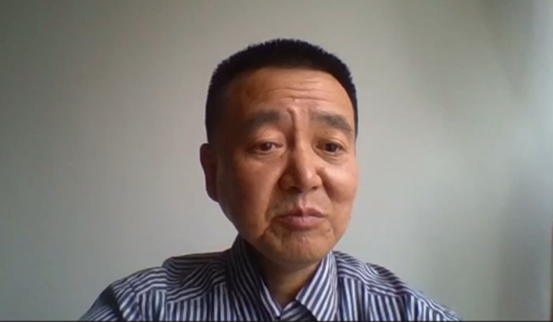
Liu Qizhi
Member of the Academic Work Committee,
Deputy Director of Wuhan Municipal Bureau of Land Resources and Planning
Considering the impact of the epidemic in cities this year, Liu Qizhi proposed to consider unusual living conditions in planning and make plans to deal with them - an issue related to urban security. In the past, planners mainly worked as urban beauticians. However, when cities fell ill, they should go to the rescue. It was essential to pay attention to the emergency system planning, as well as the improvement of the quality of human settlements.
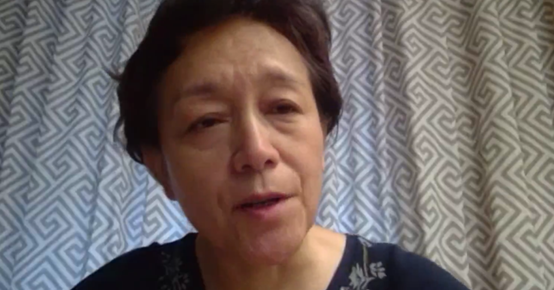
Zhang Qin
Executive Director of UPSC
Deputy Chairman of the Academic Work Committee
Director of Hangzhou Planning and Natural Resources Bureau
Zhang Qin believed that the future of technology was the future of governance. Its overall goal was to make people live in harmony with nature in the process of technological change and continuously improve people's quality of life. In the future, we would no longer advocate a development model dominated by land finance. If many cities were evaluated on the basis of "double evaluation", the space for construction was limited. But the sources of investment in urban construction needed to be considered. Therefore, in the in-depth study of governance issues, we should broaden our vision and include the financing channels and the approach of urban construction.
Conclusion
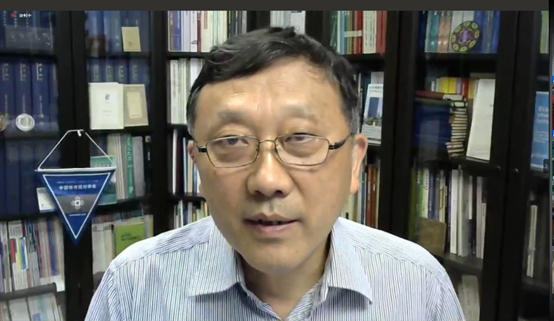
Shi Nan
Executive Vice President and Secretary General of the UPSC
Finally, Shi Nan made a concluding speech for the meeting. Shi believed that we were in an era of change, where many fundamental issues needed to be rethought. In the past, our focus was on the cities, and the urban and rural areas afterwards. Now, the scope of concern extended to 9.6 million square kilometers, including all territorial waters and airspace. Under such a global and comprehensive control, the position of "people" needed to be considered. And how should we evaluate people's needs? To cope with these problems, the planning was mainly faced with the following three problems:
First, were people really satisfied? A judgment standard based on the public interest needed to be developed to respond to General Secretary Xi's requirement that people's satisfaction be the starting point of his work.
Second, how did we evaluate the resources we have? Space production was not only material production and value production, but also spiritual production.
Third, what was the role of planning? In this era, we needed to think about the future of planning from a new perspective, planning should be oriented towards governance. In the future, there should be greater emphasis on planning decisions and strengths.
The original text of the report is in Chinese. According to the contents of the report, it is sorted out and posted on the official website of UPSC. All figures come from the screen capture of the online activities. Some of the contents have been adjusted in translation.